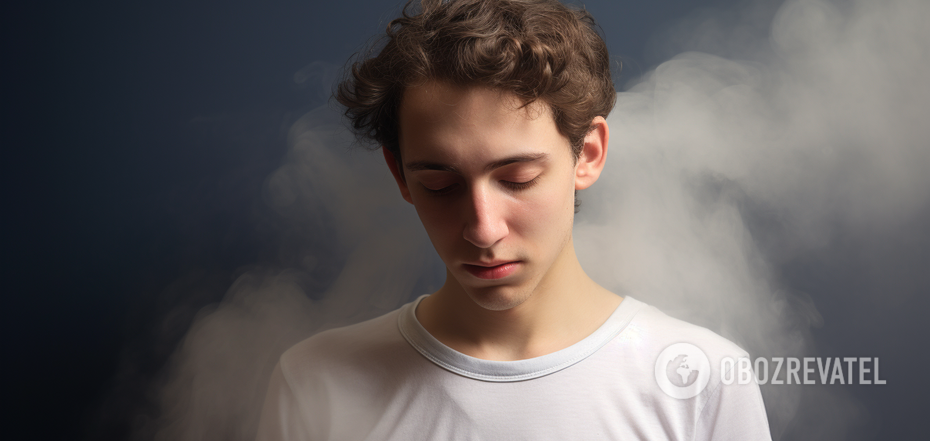Life
Scientific explanation of why humans have difficulty smelling their own odor
Traveling on public transportation can be a challenge, especially during rush hour. When you smell a not-too-pleasant odor from some passengers, you usually wonder why not everyone uses such a wonderful invention of mankind as an antiperspirant. However, the explanation may be quite simple: scientists have proved that it is very difficult and sometimes even impossible to smell your own odor.
A person may not even realize that he smells unpleasant, but others can almost faint from this odor. We are talking mostly about natural scents: sweat or breath odor. Live Science explained why this happens.
Why people do not feel their own odor
Hiroaki Matsunami, a molecular neuroscientist from Duke University, noted that a person can feel their own odors (for example, pick up an unpleasant scent under the arms), but this sensitivity is lost over time. This applies to any odor we encounter regularly, including perfumes or home fragrances.
The process is called "odor fatigue," and the cause of this addiction is not entirely clear (it is thought that it may be due to changes in odor receptors or brain responses).
According to Rachel Herz, a neuroscientist at Brown University, everyone has a unique body odor, and our ability to recognize our scent is also enhanced or diminished in certain situations. For example, if you eat a dish of garlic, you will smell the odor in your mouth quite clearly at first, but then it will become imperceptible to you. The same goes for sweat.
Studies have also found a link between the sense of smell and certain diseases. The smell of rotting fruit in your mouth can indicate diabetes, while typhoid fever makes your sweat smell like freshly baked bread.
A woody, musky odor is characteristic of Parkinson's disease. There is a famous story of a woman who noticed that her husband's odor changed before he was diagnosed. She was later able to identify the disease with near-perfect accuracy just by smelling the shirts of six Parkinson's patients and six control patients. Scientists are now studying whether changes in skin fat can be used to diagnose cases before symptoms appear.
Perception of odors is also linked to our social relationships. Researchers have discovered genes they have named major histocompatibility complex (MHC). Something about our body odor advertises our unique MHC group, making women prefer the odor of men with MHC genes that are different from their own. It is possible that having children from a man with a different combination of MHC genes may give those children immunity to more diseases.
Features of the human sense of smell
The human nose has about 200 million olfactory cells capable of distinguishing more than 3,000 odors. Nerve endings transmit odors to the brain by electrical impulses.
In addition to the well-known connection between smell and taste, when a person does not feel odors during illness, he can not distinguish the taste of food either as scientists have discovered an interaction between odor and pain. People who do not feel pain, do not distinguish odors. This is explained by the fact that one channel in the brain is responsible both for smell and pain.
According to statistics, the most favorite smells are the aroma of freshly baked bread, coffee and cut grass.
City dwellers become immune to 70% of urban odors over time, so people who come from rural areas think that the air in the cities is too "heavy".
Earlier OBOZREVATEL explained why older people have a special body odor.
Subscribe to OBOZREVATEL channels on Telegram and Viber to be aware of the latest events.



























